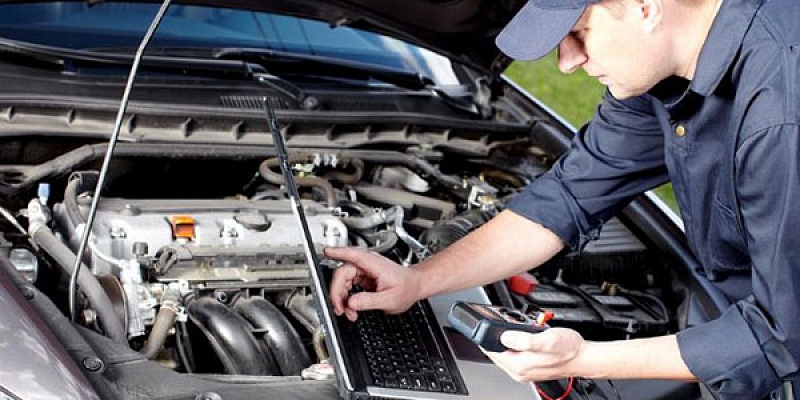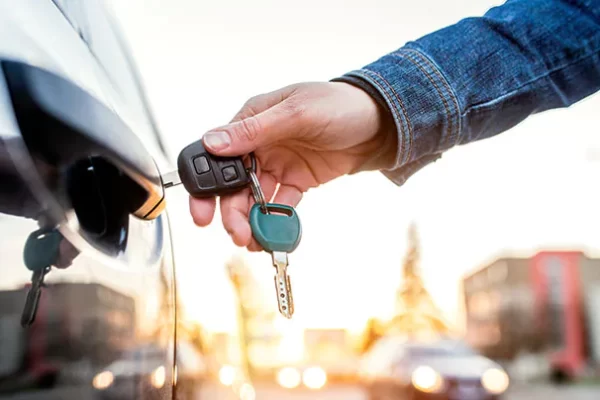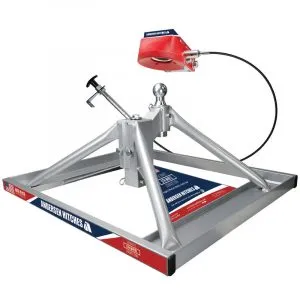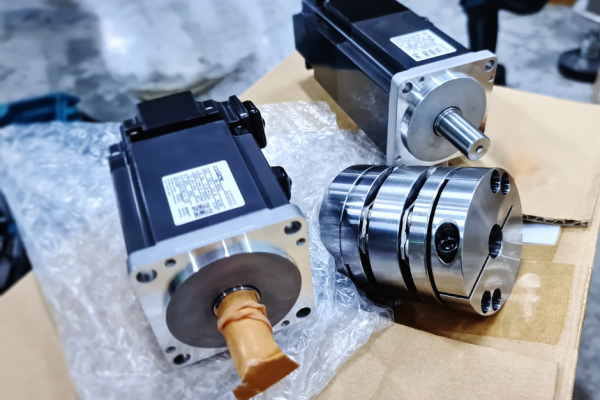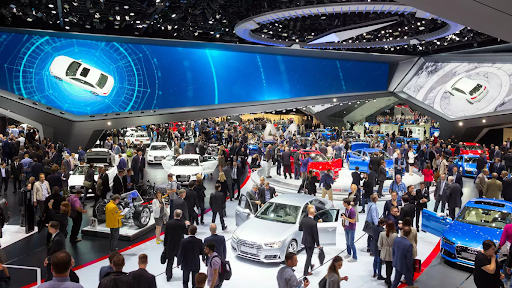Whether your car is new or old, every vehicle experiences problems from time to time. Detecting and fixing issues immediately saves you time, money, and potential danger.
Overheating often means a coolant system issue, including leaks and faulty radiator fans or water pumps. A professional mechanic can perform a warning light inspection to diagnose the problem.
Overheating Engine
A car’s engine works optimally within a specific temperature range, but your mechanic needs to address the issue immediately when things go wrong and it overheats. Ignorance of it can result in severe and expensive harm.
A faulty thermostat is one of the most common causes of an overheating engine. The radiator can only cool the engine if replaced or adequately maintained. The resulting overheating will cause the cylinder head to warp, leading to oil leaks and further overheating.
If you’re driving and your engine is overheating, pull over in a safe location and turn off the vehicle.
Check Engine Light
A check engine light (CEL) coming on and staying on means something isn’t right with your vehicle. When this happens, your car’s computer system will log at least one diagnostic trouble code (DTC), indicating what specific part or system isn’t working correctly. Repairs for a CEL range from a few dollars to tighten your gas cap to tens of thousands to replace the catalytic converter.
Unlike a temperature or oil pressure light, if the CEL blinks, it indicates an urgent issue that must be addressed immediately. This is especially true if the light turns solid orange or red, which means the problem could cause immediate damage. While some people try to evade getting their vehicle checked out by using a “code reader” that allows them to turn off or reset the CEL, this only defers the problem and won’t fix it. Whether the CEL is flashing or solid, check it out at the mechanic shop.
Brakes
Your car’s brake system turns the kinetic energy of your moving vehicle into thermal energy through friction to slow and stop it. This is why every mechanic stresses routine brake inspections, maintenance, and repairs.
Brakes are a crucial safety system; failure to maintain your car’s brakes can lead to devastating accidents. Hydraulic pressure causes clamping mechanisms known as calipers to activate when you step on the brake pedal, forcing your brake pads up against rotating metal discs (called rotors) mounted to your wheels. The resulting friction stops your car and tires.
Brake pads may eventually become worn down, so they screech loudly when applied. This is a regular occurrence, but don’t ignore it because the squeaking may indicate other problems with your brake system. Your mechanic can fix your squeaky brakes by replacing your old pads with new ones. To help extend the life of your brakes, coast whenever possible and avoid heavy braking.
Tires
It’s safe that waking up to discover your car has a flat tire is not one of the best ways to start your day. While a certain amount of wear and tear is inevitable, if you’re having trouble getting your tires to hold air or have noticed that one tire is wearing more quickly than the others, it’s worth taking the vehicle to a professional to examine the problem.
They carry the load resulting from the vehicle’s weight and any overloads linked to dynamic movements and aerodynamic loads at high speed; they guide the vehicle along the trajectories decided by drivers and transmit the braking or acceleration forces that the driver decides. The tire is made up of a rubber cover that holds steel or fabric cords inside it. These cords are pressed together to form the tire’s body plies, which are covered with a tread or sidewall.

